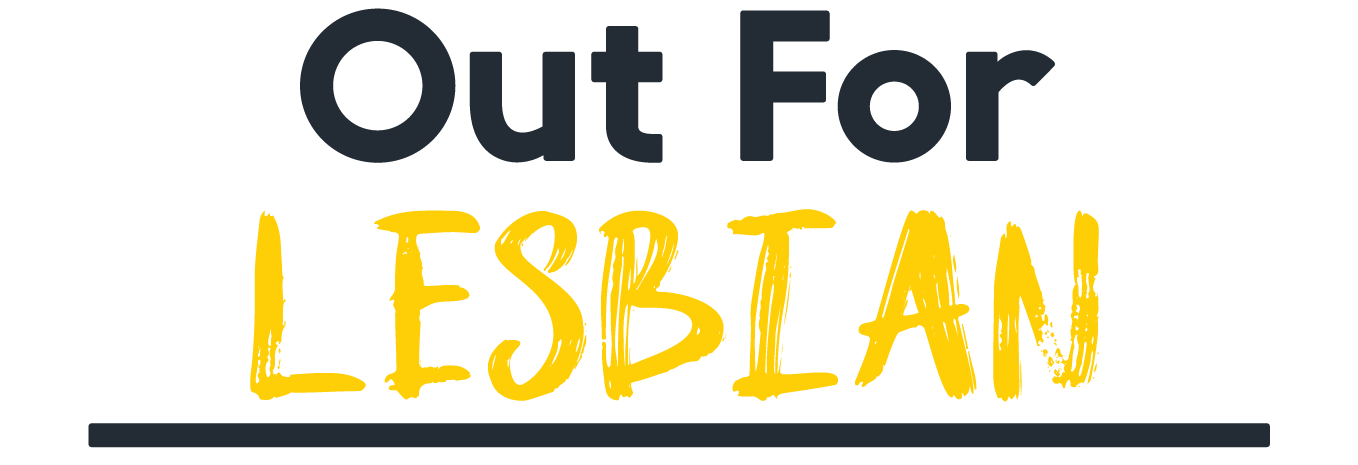How can we approach R U OK Day?
In the week of R U OK? Day, we wanted to start a conversation about how a seemingly simple and meaningful action—checking in on the wellbeing of someone you care about—could be broadened to include the more nuanced and complex realities of people who might be struggling, particularly in the queer community.
Ebe Ganon, an Equity & Accessibility team member at Out For Australia, shared some important insights with us on this topic. As an equity and diversity practitioner in the higher education sector, and a community sector worker in disability-focused policy and advocacy, their wealth of experience in these areas offers a valuable perspective on how we can approach R U OK Day with accessibility in mind.
‘RU OK Day’ can be a pretty loaded day for a range of people. People who have struggled with mental illness may not have always had access to the help and support (formal or informal) that they have needed throughout their lives,’ they say.
‘Mental health is complex, and there can be a range of factors influencing someone’s mental health that don’t have a quick or easy fix: some of these social determinants of health can include food and housing security, financial circumstances, discrimination at work or in study environments.
‘As such, when we ask ‘RU OK?’, remember that there is likely a huge amount of complexity behind the answer to that question, and people may not always feel comfortable or able to address that.’
With this perspective in mind, Ebe recommends four ways for us to take a more accessible and safe approach to asking ‘R U OK?’
1. Reach out using the person’s preferred communication mechanism.
That might be a verbal ask or conversation, a text message or using a digital platform; it might be in private, it might be in a public place. Just as you would in any situation, for people who don’t use speech to communicate, think about their preferred communication tools and channels so that you can ensure that they are as comfortable as possible when you make the ask.
2. Respect the other person’s boundaries, and set your own if needed.
Some people might want to talk, but not right now. They might want to talk about some things, but not others. They may only want to use a particular communication channel to communicate. Respecting all of these choices is essential to having an open and honest exchange that is respectful to the limits of everyone in the conversation.
3. Create a no-judgement zone.
Always avoid passing judgement on the values and assumptions that someone might bring to the conversation. For example, for people from communities which may see mental health as a taboo topic, don’t try to knock their views and assumptions down as silly or unfounded: it’s very likely that these assumptions have been formed over a long period of time, are supported by family and community members around them that they care about, and may have so far remained unchallenged. Instead, acknowledge that these may be factors coming into play during your interaction, and reinforce that you are treating the conversation with sensitivity and respect.
4. Unless the person has declined the chat, don’t end the conversation after one ask.
Like I mentioned before, mental health is complex. By asking a person if they are ok, you’re opening yourself up to be a support to that person—if you never engage on the topic again, you are playing into one of the main criticisms of this day by only asking if a person is OK when it’s ‘trendy’, and may make the person you were aiming to help feel more isolated.
Another important point to consider—what do we do if our loved one doesn’t want to talk, or has a strong response to the question?
‘Someone’s reaction to this question is unlikely to be anything to do with you—if you get a rejection, shut-down, or a strong reaction, chances are that it might be the first time they’ve been asked, or things might be particularly tough right now.’
Ebe encourages others to be prepared with relevant local and available support services as an additional option. While the R U OK tagline this year is ‘No qualifications needed’ (noting you don’t need to be a professional to ask the question), it’s very important to equip yourself with information about additional, professional support resources.
‘You can Google ‘mental health support in [city/town/location]’ as a starting point. Your workplace or place of study might have services available too. Make sure you’re equipped with this knowledge so that you can best support your colleague or peer!’
With all of these considerations to keep in mind, I walk away with three guiding principles:
Approach your person with intention, compassion, and awareness
Research and equip yourself with additional resources and support options
Let RUOK Day be a reminder, but practice all year round.
If you need support:
Lifeline: 13 11 14
Beyond Blue: 1300 22 4636
QLife: 1800 184 527
Please call 000 if you’re in danger.

